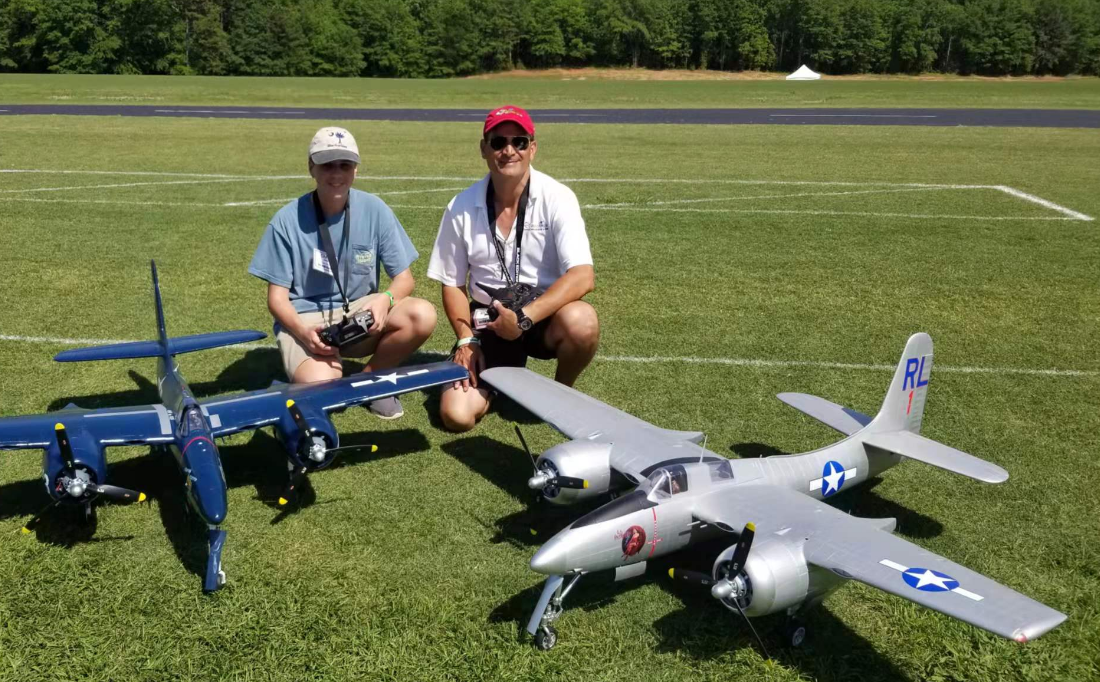The Beginner's Guide to RC Airplanes: What You Need to Know Before You Fly
Body
Remote-controlled (RC) airplanes have captivated enthusiasts and hobbyists alike for decades. Whether you are a novice or an experienced flyer, understanding the essentials of RC air planes can enhance your flying experience. This guide aims to provide a thorough overview of what you need to know before taking to the skies.

Understanding RC Airplanes
RC air planes come in various shapes and sizes, each designed for different flying experiences. They can be broadly categorized into two types: electric and gas-powered. Electric models are often recommended for beginners due to their ease of use and lower maintenance requirements. On the other hand, gas-powered models offer more power and longer flight times but require more skill to operate.
"The thrill of flying an RC airplane is unmatched; it combines technology with the joy of flight." - RC Enthusiast
Key Features to Consider
When selecting your first RC airplane, consider the following features:
- Wingspan: A larger wingspan typically provides better stability, making it easier for beginners to control.
- Weight: Lighter models are generally easier to maneuver and can be flown in smaller spaces.
- Battery Life: For electric models, longer battery life means extended flying sessions.
- Durability: Look for planes made from sturdy materials to withstand crashes.
Getting Started with RC Airplanes
Before you take your first flight, it is essential to familiarize yourself with the controls and features of your RC airplane. Most models come with a remote control that allows you to manage throttle, pitch, and yaw. If you are unsure about how to operate your model, consider watching instructional videos online. For example, you can find helpful tutorials on platforms like YouTube.
Safety Tips for Flying RC Airplanes
Safety should always be a priority when flying RC air planes. Here are some essential tips:
- Always fly in open areas away from people and obstacles.
- Check the weather conditions before flying; avoid windy days.
- Inspect your airplane for any damage before each flight.
- Follow local regulations regarding RC flying.
Recommended RC Airplanes for Beginners
If you are looking for a reliable model to start with, consider the Horizon Hobby's E-flite Apprentice STS 1.5m. This model is known for its stability and ease of use, making it perfect for beginners. Additionally, it features a durable design that can withstand minor crashes.

Conclusion
In conclusion, diving into the world of RC air planes can be an exhilarating experience. By understanding the types of models available, key features to consider, and essential safety tips, you can ensure a successful start to your flying journey. Remember, practice makes perfect, so take your time and enjoy the process!










Comments